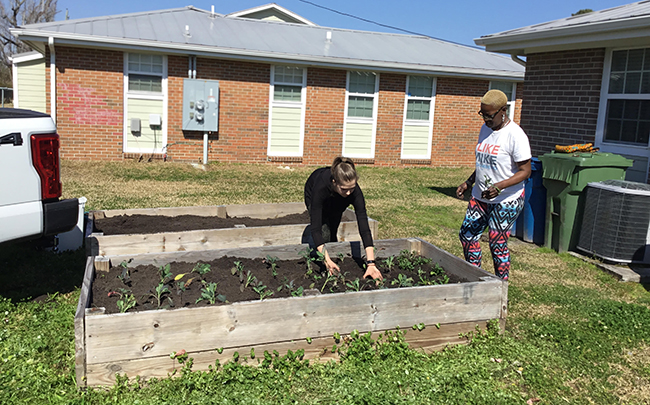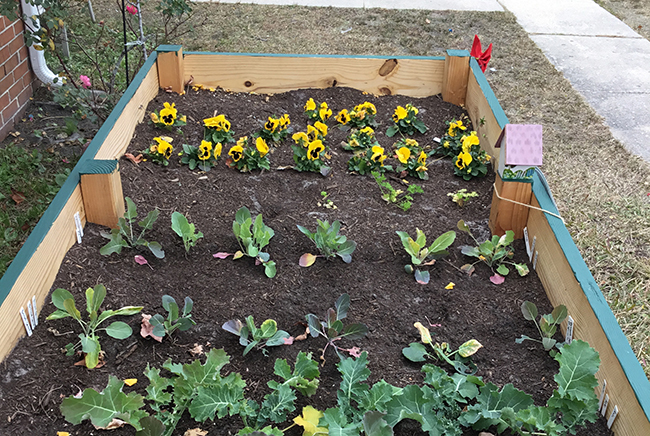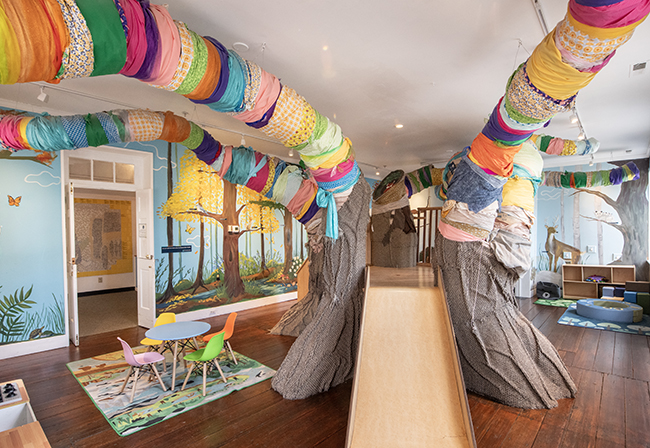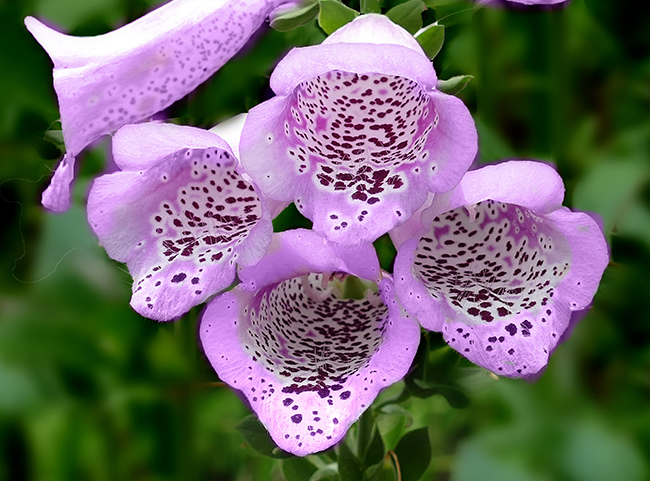The Therapeutic Potential of Horticulture and Gardening
04 Mar 2024
Ability Garden's mission to nurture inclusion, wellness and community through green spaces
By Madison Bailey

The smell of fresh air. A cool breeze on your face. The warm shining sun. Picture transforming a tiny seed into a luscious tomato, nurtured by your own hands. Or sharing the bounty of fresh, homegrown produce with friends. Gardening brings life and joy to many people, but it can indeed be a daunting task for those facing barriers like limited mobility, chronic pain, sensory issues, visual impairments, or other disabilities.
Without raised beds and other accommodations, the benefits of these gardens may not reach everyone. Fortunately, Ability Garden (located at The Arboretum in New Hanover County) stands dedicated to serving individuals with disabilities and those in isolated areas, seeking to embrace the diverse needs of its community.
In its 25 years of existence, Ability Garden has evolved into a space where people can enhance mobility, motor skills, cognitive functions, and physical and mental health. From selecting the right plants and containers to adapting garden tools and spaces to accommodate diverse abilities and needs, gardening is not just a task here; it's a therapeutic activity meant to be enjoyable, free from unnecessary stress.
Heather Kelejian, the current Executive Director, notes that the garden's focus is on engaging in nature activity that can benefit anyone, regardless of their position on the wellness spectrum.
"The initial goal was to provide a welcoming space for people with disabilities, leading to our equity-focused outreach to low-income communities," says Kelejian. "Unlike traditional horticultural therapy that addresses specific issues, Ability Garden's inclusive approach ensures that everyone, regardless of stress levels or clinical needs, finds something beneficial in our programs."

Offerings
Visitors to the New Hanover Arboretum can witness the transformative power of green spaces firsthand, from the serene Japanese garden to its stunning koi pond and seasonal blooming flowers. Special needs classes, rehabilitation and support groups, adult care services, summer camps, and various community groups can schedule visits to partake in nature-based activities. A typical session at the garden spans one and a half hours, offering participants a guided walk through the enchanting gardens, immersing them in the therapeutic ambiance of the natural surroundings. There are also hands-on table-top planting session that fosters a connection with nature, providing a tangible, memorable engagement
with horticulture.
As a part of NC State Extension, the program is actively involved in a collaborative partnership with the university, striving to create valuable resources for those keen on unlocking the therapeutic potential of horticulture and gardening. As outlined by NC State Extension, horticultural therapy gardens are meticulously designed to cater to client treatment objectives, all while serving as hubs for horticultural activities. These carefully curated gardens are purposefully structured to empower clients, encouraging their active involvement in nurturing plant material and cultivating a hands-on, immersive, and therapeutic atmosphere.
"We harness the power of gardens and the broader natural environment in our services, catering to a diverse range of individuals, including older adults and children,” says Kelejian. “We use various approaches to integrate nature into our programs. This involves a spectrum of activities, from environmental education initiatives to engaging hands-on projects that promote a holistic connection with the natural world."
Education
In addition to their scheduled sessions, the organization promotes community engagement through "Open Community Groups." These groups welcome adults of all ages and abilities for socialization and vocational horticulture activities. Through interviews, individuals express their personal goals, ensuring a tailored fit. The dedicated staff conducts insightful sessions on a diverse range of topics, including gardening as therapy, school gardens, and the intersection of gardening and art.
Ability Garden's initiatives also contribute to a broader vision for incorporating green spaces in the local area. The organization offers workshops for educators, counselors, social workers, and Master Gardeners, extending the impact beyond individual participants to the wider community. These workshops share best practices for integrating therapeutic horticulture into diverse settings, promoting the incorporation of green spaces in educational and support programs.
For more information, please visit abilitygarden.org














